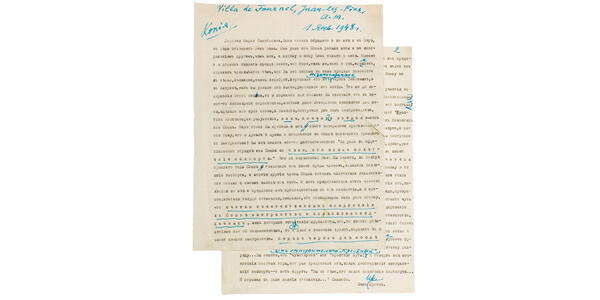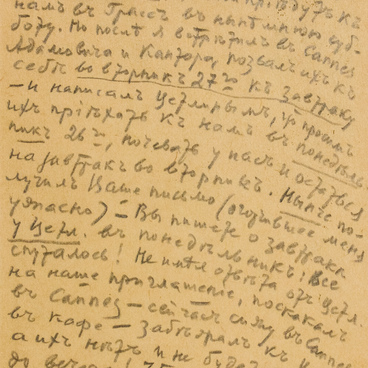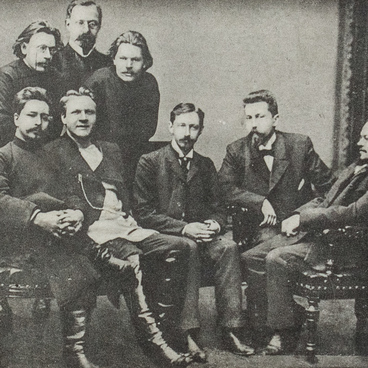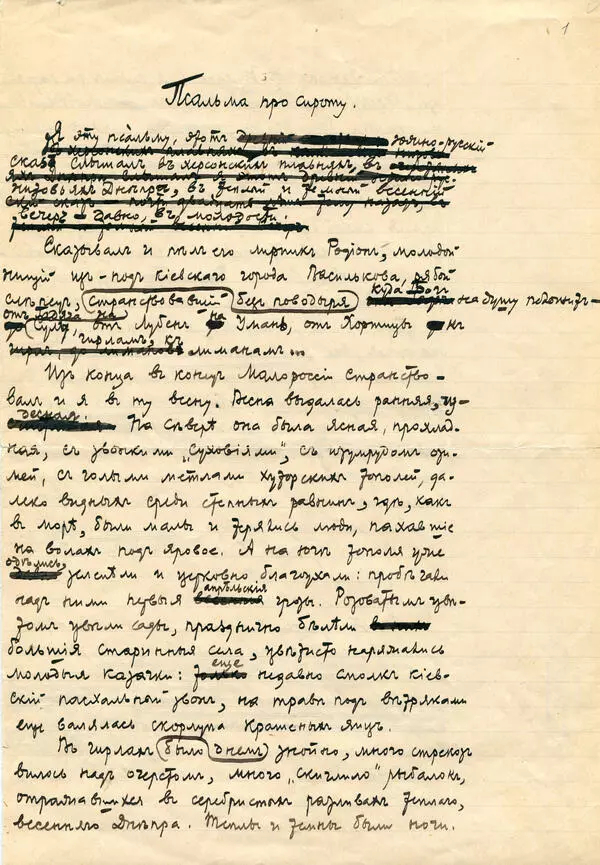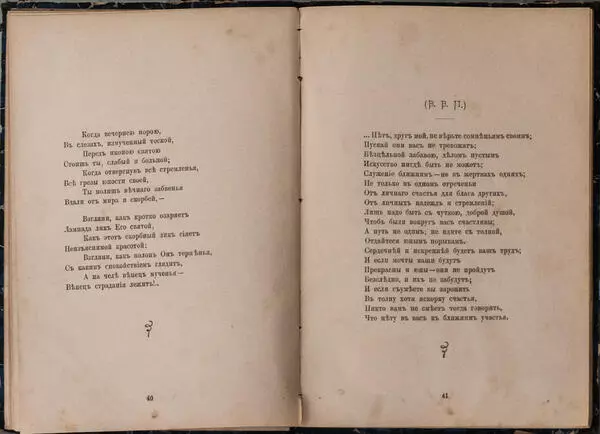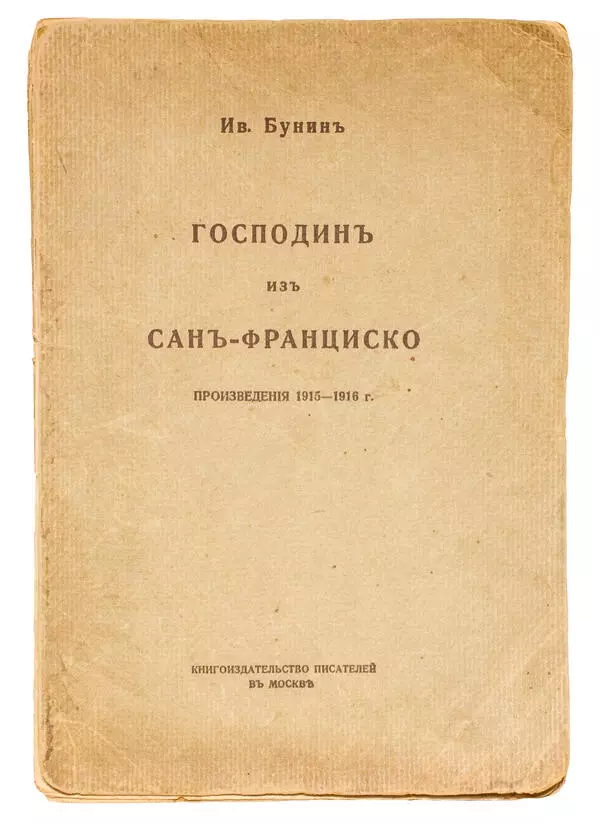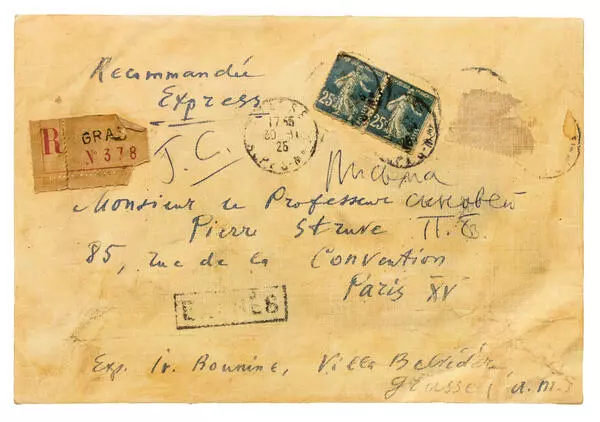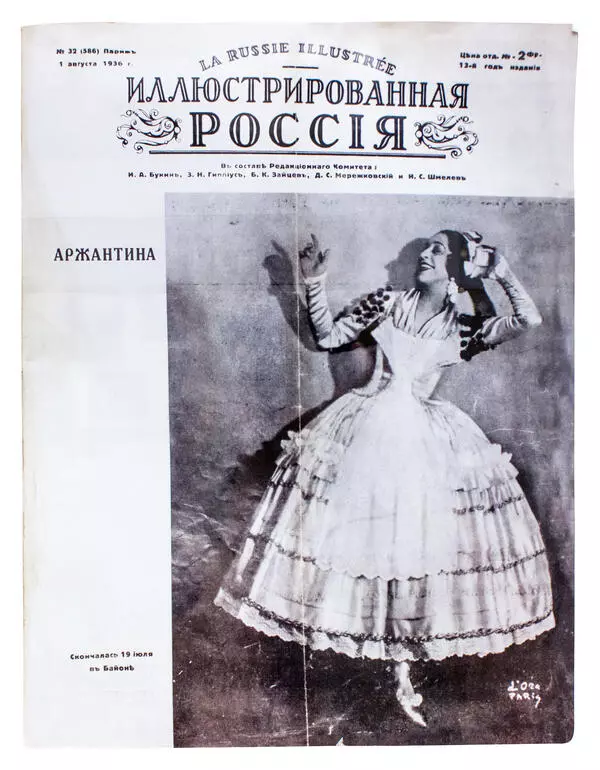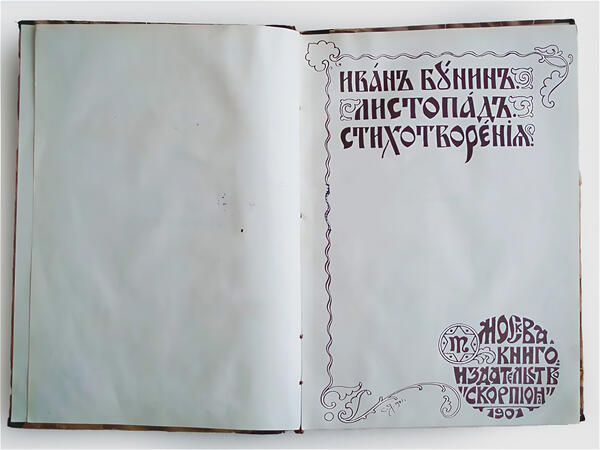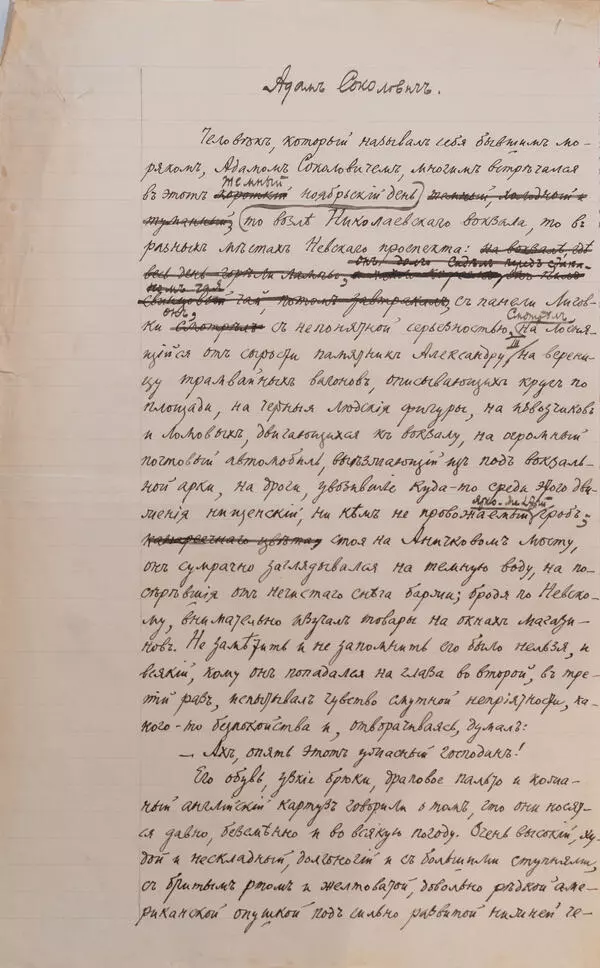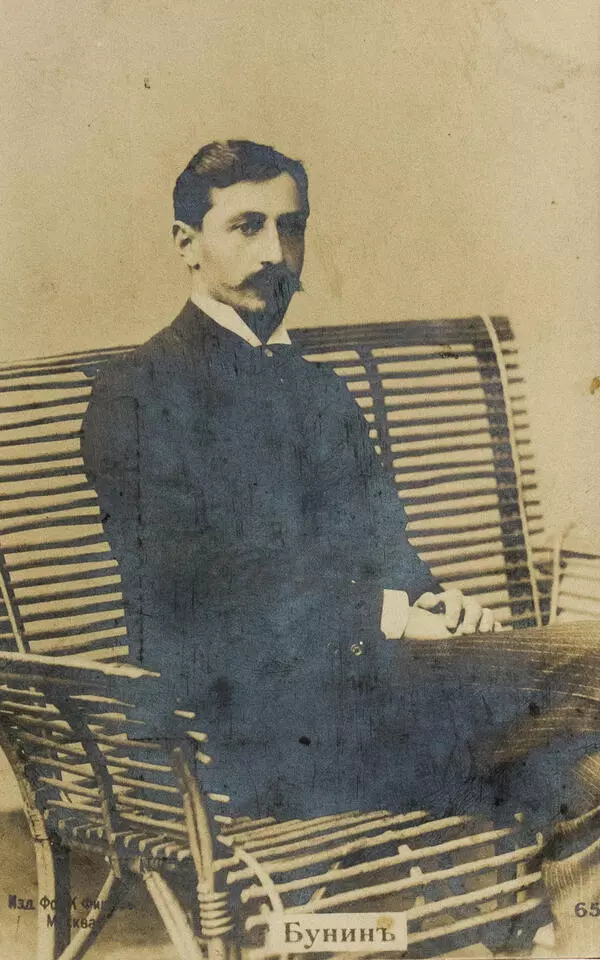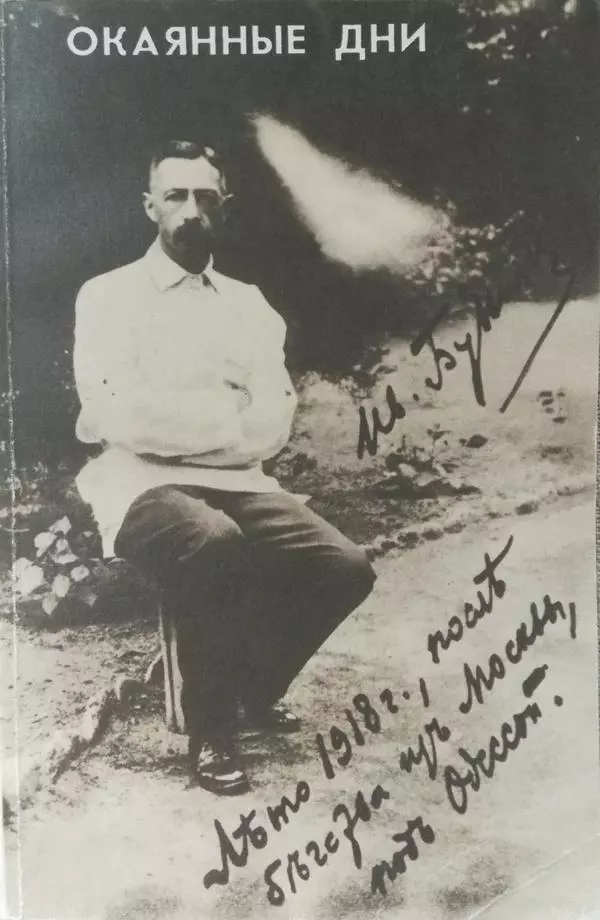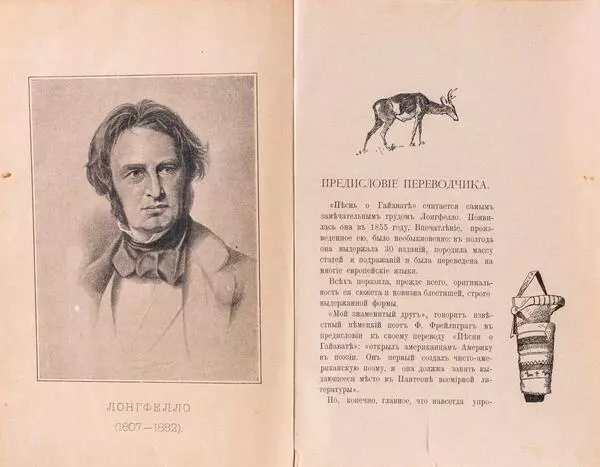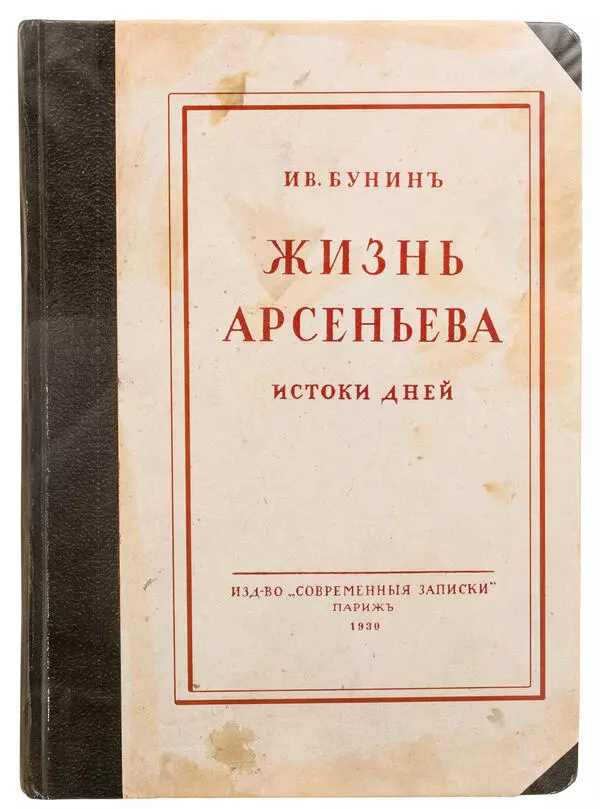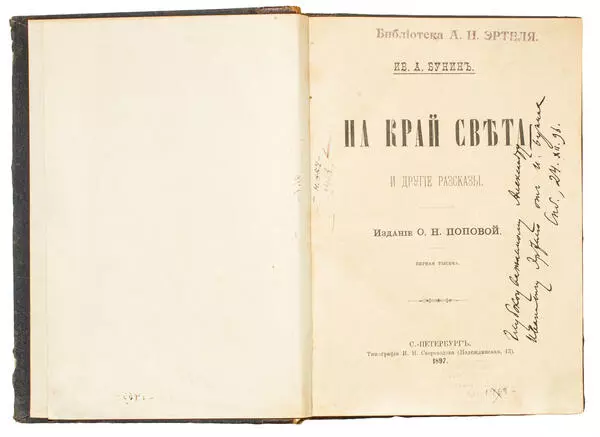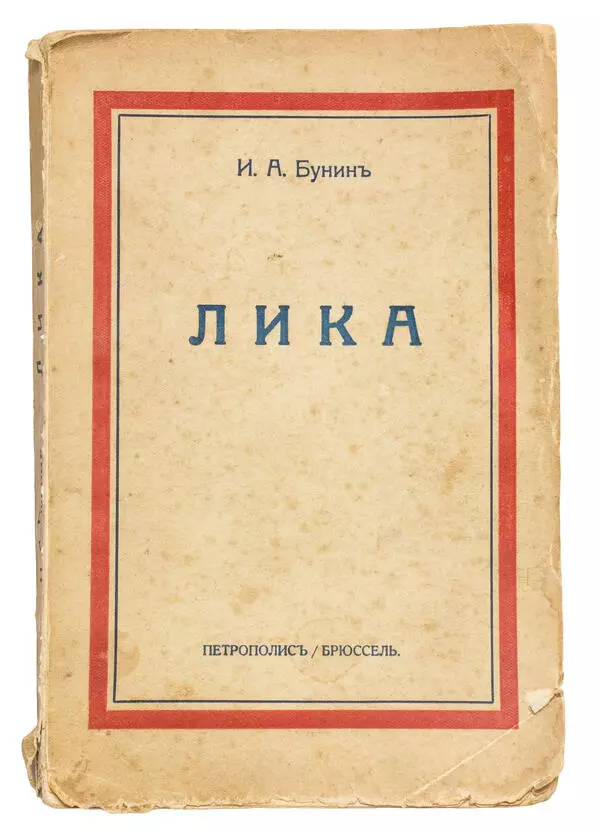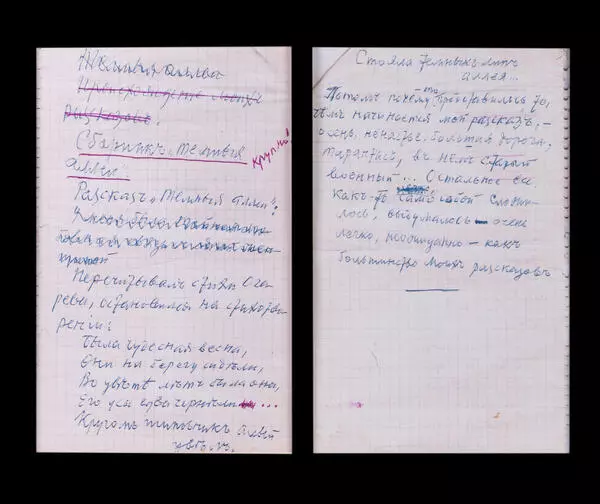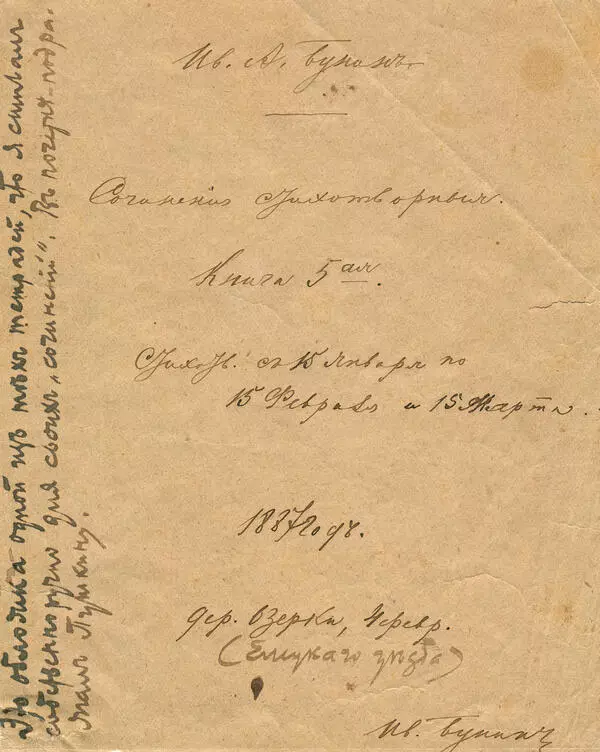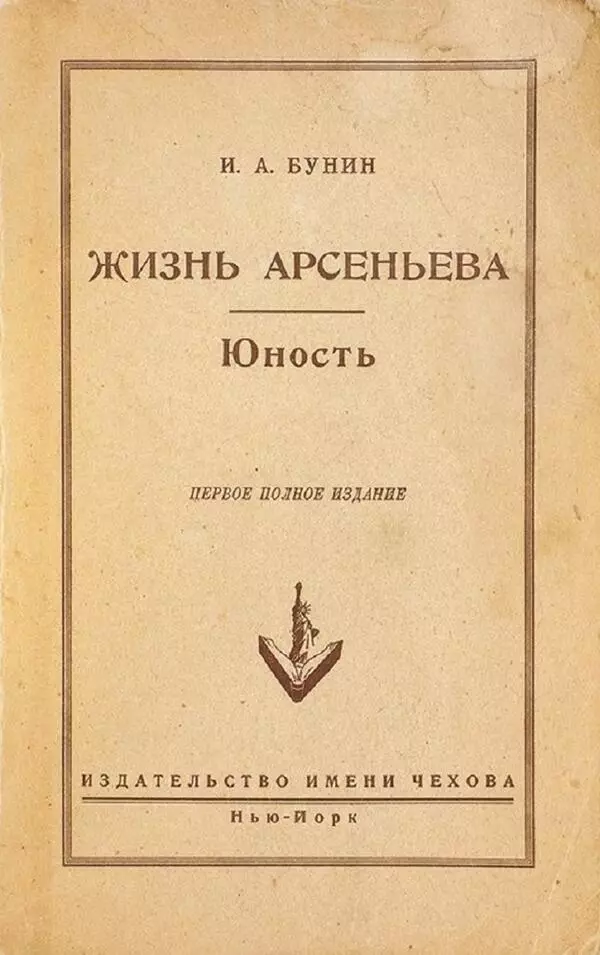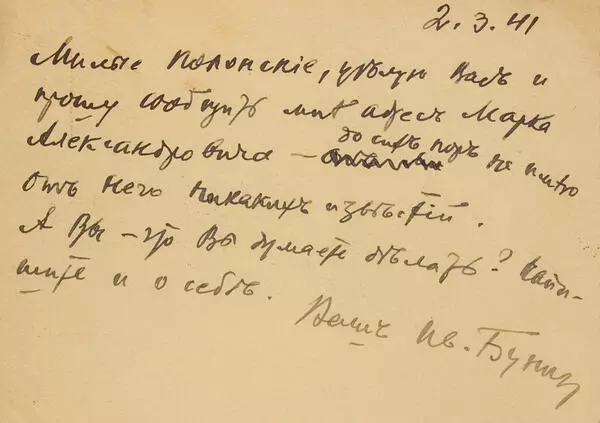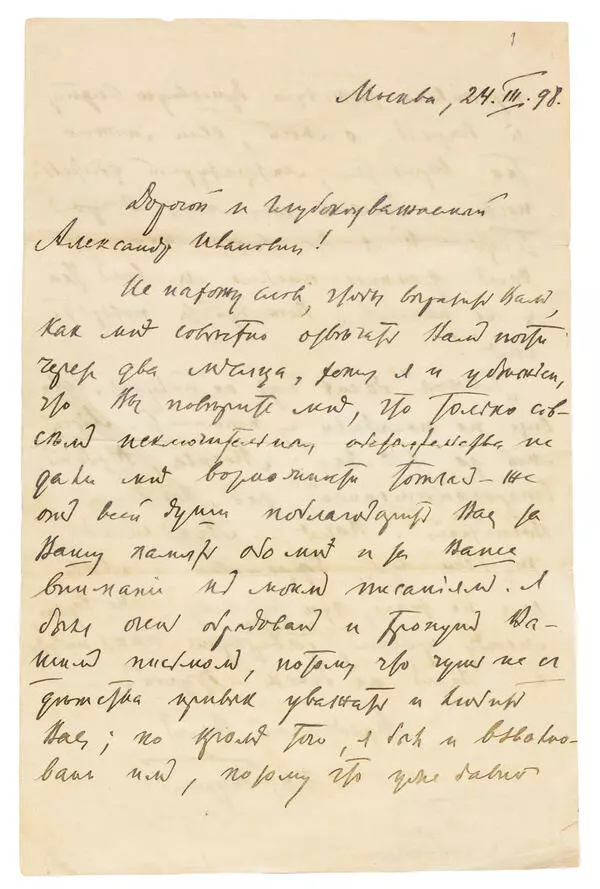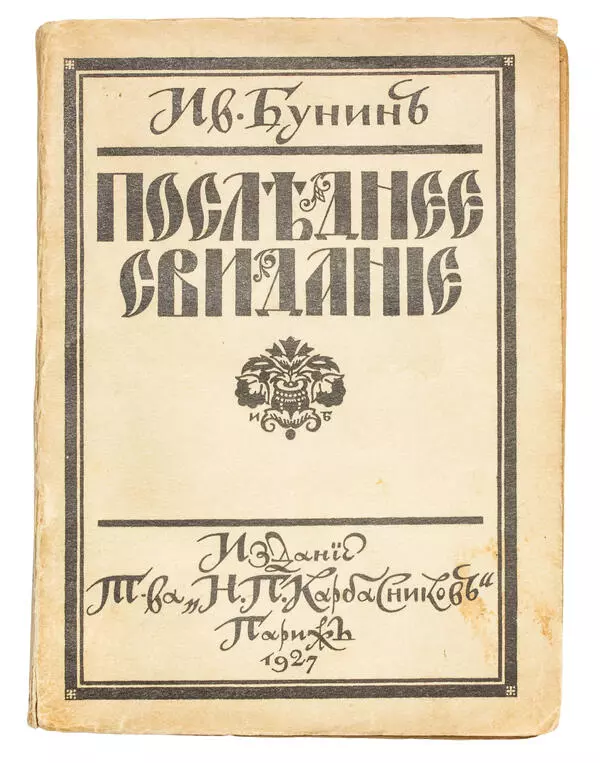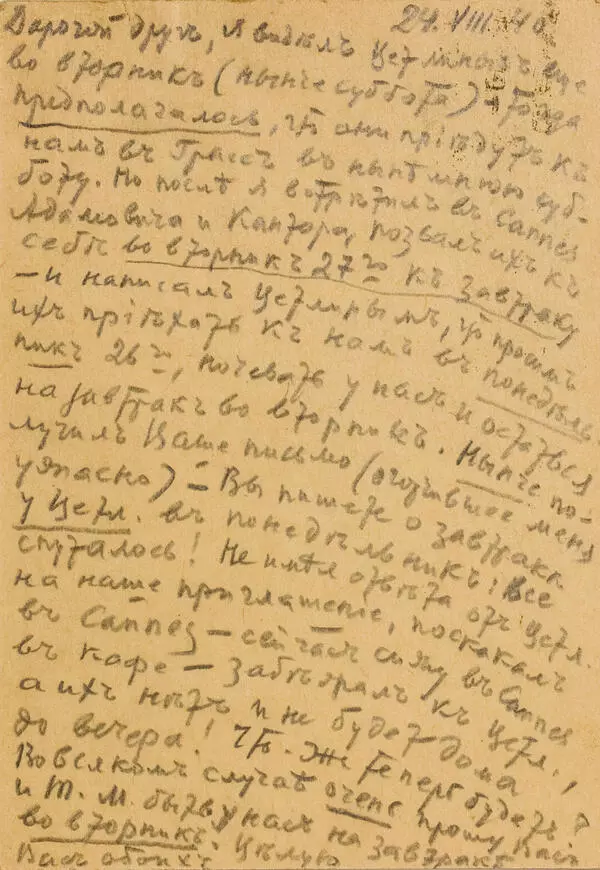Ivan Bunin and Maria Tsetlina met in Moscow in 1917 during the revolution. They started communicating, and for a long time she became a significant figure, a ‘benefactress’ for the Bunins.
She and her husband came from rich families: Maria was from the highly educated Jewish family of a St. Petersburg jeweler Tumarkin, and Mikhail — from the family of the founder of the tea company ‘K. Wissotzky and Sons’, the largest tea company in the Russian Empire. After the revolution, the tea company preserved its foreign assets, so the couple remained well-off. They were engaged in publishing and charity work, supported public life of the Russian literary community in Paris, and later in New York.
An irreconcilable disagreement between Maria Tsetlina and the Bunins occurred at the end of 1947. After the victory in the Second World War, relations between the USSR and France improved. Soviet authorities invited many emigrants to return to their homeland. In the autumn of 1947, at a meeting with Soviet ambassador Aleksandr Bogomolov, some writers agreed to the proposal. Ivan Bunin attended the meeting, but refused Soviet citizenship.
The scandal erupted when the Union of Russian Writers and Journalists in Paris decided to exclude from the organization those members who agreed to receive the Soviet passport. Moreover, the Union had to change its charter when this situation happened. Previously, the membership did not imply any such restrictions.
Tired with the infighting, Ivan Bunin decided first to leave his chairman post, and then to leave the Union altogether. He did not do it because of solidarity with the writers who took the USSR citizenship, but because he could not accept the Union itself
She and her husband came from rich families: Maria was from the highly educated Jewish family of a St. Petersburg jeweler Tumarkin, and Mikhail — from the family of the founder of the tea company ‘K. Wissotzky and Sons’, the largest tea company in the Russian Empire. After the revolution, the tea company preserved its foreign assets, so the couple remained well-off. They were engaged in publishing and charity work, supported public life of the Russian literary community in Paris, and later in New York.
An irreconcilable disagreement between Maria Tsetlina and the Bunins occurred at the end of 1947. After the victory in the Second World War, relations between the USSR and France improved. Soviet authorities invited many emigrants to return to their homeland. In the autumn of 1947, at a meeting with Soviet ambassador Aleksandr Bogomolov, some writers agreed to the proposal. Ivan Bunin attended the meeting, but refused Soviet citizenship.
The scandal erupted when the Union of Russian Writers and Journalists in Paris decided to exclude from the organization those members who agreed to receive the Soviet passport. Moreover, the Union had to change its charter when this situation happened. Previously, the membership did not imply any such restrictions.
Tired with the infighting, Ivan Bunin decided first to leave his chairman post, and then to leave the Union altogether. He did not do it because of solidarity with the writers who took the USSR citizenship, but because he could not accept the Union itself

